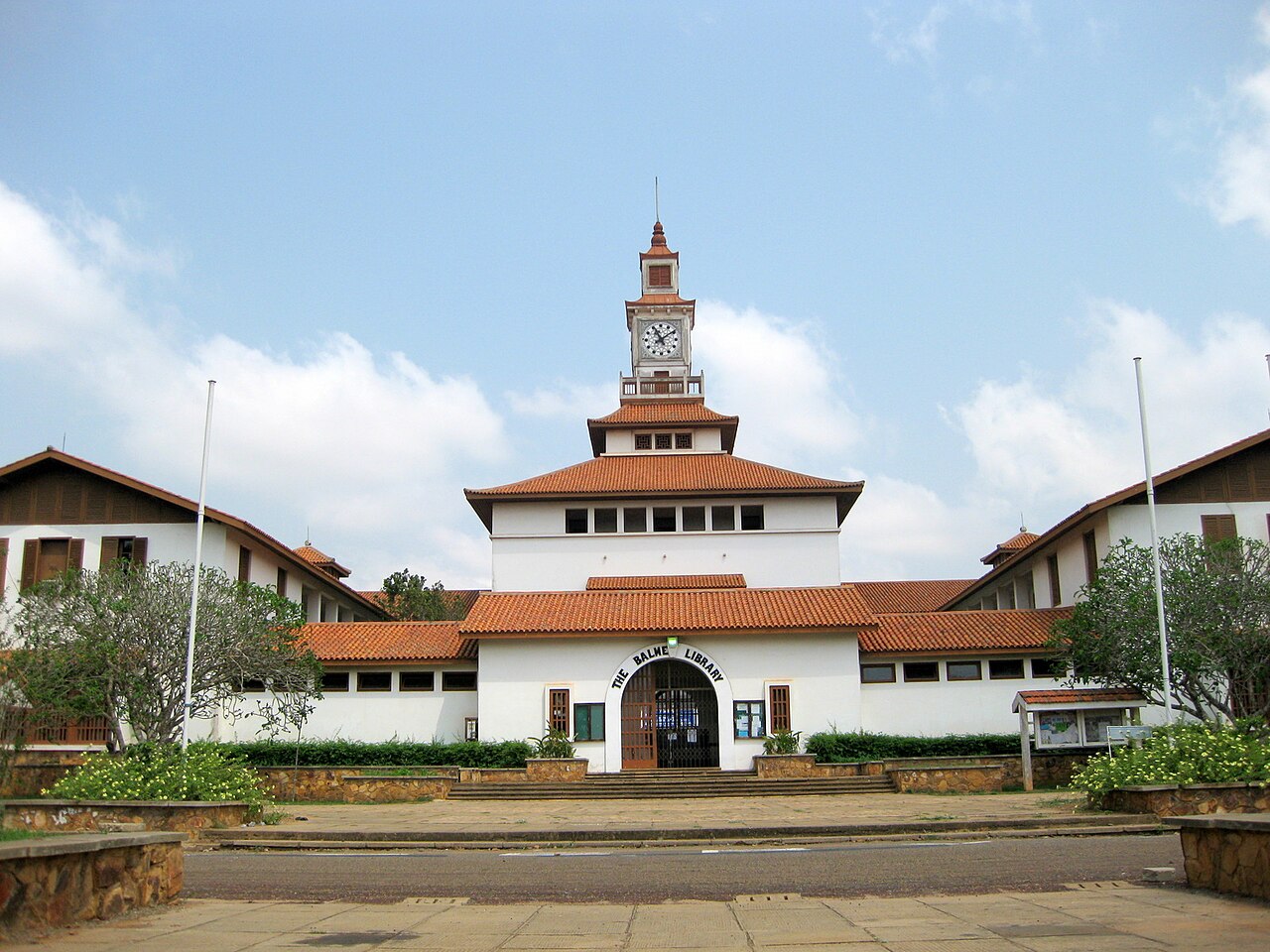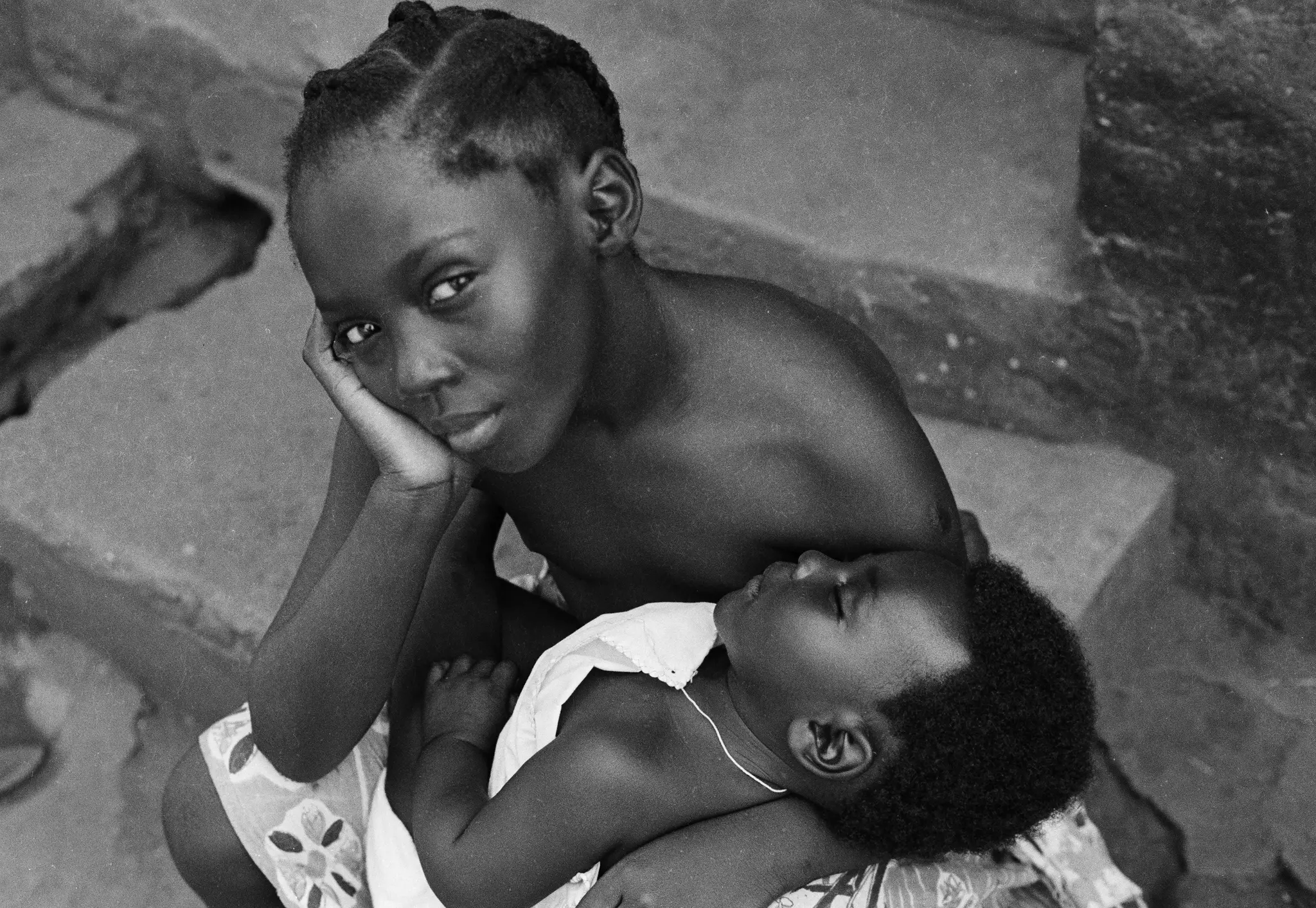Currently Empty: $0.00

Development Revisited: A Sociological and Managerial Analysis-Part 5
In the first part of the series, I said that “To enable us further examine the health of economic development as advanced by the West and pursued by the rest of the world, we will look at it from two perspectives: Sociologically and managerially.”
This part is the last of the sociological analysis; having examined the four main institutions of society, namely: political, religious, economic and marital/family. This part will consider the educational institution.
Socialization
Being able to properly function in society is very important for any human. This includes observing societal and cultural norms and practices as well as becoming a responsible citizen. Education plays a very critical role in this.
Informal education takes place outside the formal classroom. The agents that help in this are parents, siblings (if there are), extended family, peers and the community at large. But the most crucial agent is the parents or the immediate family, referred to as primary socializing agents.
Right from conception, a child develops a strong bond with its parents, but especially with the mother. After birth these parents have a profound effect on the child’s moulding; socially, psychologically and even economically.
The socializing function contributes immensely to the development of the child. Thus if at this stage the socializing effort is faulty, that child will invariably grow up socially imbalanced. On the other hand if properly handled, the later well-groomed adult becomes an invaluable asset to society. How has economic development affected this socializing function, otherwise known as informal education? And how has it in turn impacted economic development?
“This is all that I have learned: God made us plain and simple, but we have made ourselves very complicated.”—Ecclesiastes 7:29 (Good News Bible)
In what is today referred to as ‘primitive’ society or simple society, life was really simple. The family unit was generally close-knit and was in itself an economic unit. This is because the whole family worked to produce their own food, shelter and clothing. As time went on, man sought more complication in his life. Especially did the industrial revolution affect this evolution.
Spurred on by the desire for a ‘better’ standard of living, parents, especially fathers begun leaving home for the cities in search of high-paying jobs. Up to date, this trend has continued with some even leaving their home country altogether in search of greener pastures. In some cases both parents leave, especially in ‘developing’ countries, trusting the care of their children in the hands of relatives, friends or neighbours.
This phenomenon has often led to abusive treatment of children with socialization becoming punitive. Often, such children grow up without parental love and care and so are socially imbalanced. When eventually they grow up to have families of their own, carrying out their respective responsibilities and getting along often become problematic.
The story is not different with many in ‘developed’ economies who work full-time. These usually have little or no quality time to spend with their children. In the name of ‘improving’ their economic lot for the ‘benefit’ of their children in present and in future, the children virtually grow without guidance. This has led to many family break-downs with many of those children becoming miscreants.
Certainly, informal education has come under the threat of extinction through economic ‘development’! Conversely, both rich and poor countries are struggling with having the right caliber of adults to continue with the ‘developmental’ efforts due to dysfunctional informal education!
Formal Education
This type of education also known as classroom education has seen a lot of improvements over the years. Through formal education, many have been equipped with information and knowledge that are meant to help them solve problems and face challenges in both personal life and career effectively. But to what extent has that succeeded?
Basically, education has also become more complex in light of the complexities of the world. The pathetic thing though is that it is no longer able to match up to the real complexities in the real world.
Education has succeeded in filling people’s mind with information. And in some instances, it has achieved, to some degree, the development of the analytical skills of students. However, that is the farthest it can go. It has not been able to instill the right values in people.
Honesty, for example, is a very important quality of a truly developed people. This honesty does not play out in just a few instances where it is convenient, but even when it is not. What formal education has done though is largely “graduating thieves and murderers”.—Bob Marley (In Babylon System)
What else should we expect if students are taught that life evolved and that life is about the survival of the fittest? Is it not that people would steal and kill for the things that make for ‘development’? Even if they don’t do so literally, they do it figuratively. If the causes of the global financial crisis in our recent past are anything to go by, hasn’t Bob Marley been proved right?
A cursory look at the world scene would tell any thinking person that if we could have just 10% of the world’s over 8 billion people to be honest, this world would be several folds better than it is today! Unfortunately, though, the educational system has failed to groom such people. The result? Widespread corruption in government, religion, the family, the economy and of course, education itself! Is there any hope for true development?
In simple societies, altruism was very integral to life. People cared for one another and everyone shared everybody’s problems and joys. As society progresses in the continuum of ‘development’, that quality has been shed. People have become more individualistic and anonymous. Once again, education has not been able to solve this problem.
We would expect that since formal education brings people of diverse backgrounds together, its beneficiaries would learn the social skills of interdependence and interaction. What we see though is that invariably, these are the condescending class that look down on those whose monies were taxed to educate them! They would rather form a nucleus of their lot and project themselves as mini tin gods, living aloof from the problems affecting the lives of the underprivileged! Hasn’t formal education failed miserably in this regard also?
The Reality
Formal education is meant to help solve the problems facing society and to help society develop. But have the problems been solved? Don’t we have the problems of the pre-industrial age still with us? Well, some may point to certain ‘improvements’. IMPROVEMENTS? I thought eliminating the problems should be what to look for! So if the age-old problems are not only still present with us but have really worsened, what has education achieved? To smoke-screen the real issues, isn’t that so?
Take a look at the political system. Ever since modern democracy begun, politicians have capitalized on the ‘inefficiencies’ of their predecessors or fellow contestants to win power by promising heaven on earth. And the tactic does not seem to have changed much, both in ‘developing’ and ‘developed’ economies and democracies. They are all set in their ways. They call them issues; what issues? The actual ones? Hardly! You don’t even see creativity in their campaign. So what would you expect them to deliver? Governments in both ‘developing’ and ‘developed’ economies have only often given their people hopes that they hardly see fulfilled!
Finally, economies are built by businesses. These businesses in turn require quality and adequate human resources to reach their goal. The educational system is tasked with producing such resources to propel economic growth. Has it succeeded?
While to some extent it has, on a scale of 0 to 10 how would you rate the performance of the world educational system in this wise? I would charitably place it at 3. Likely you may even rate it less. Why this conclusion?
If the human resources produced over the years were really of good quality, wouldn’t there be more businesses with employment avenues for the youth for instance? Granted, the issues are not as simple. But education as we know shapes the other institutions. If that system really lived up to expectation, output would be better. Businesses would be run more efficiently and effectively. Mediocrity in business would be uprooted. And the economic stress wouldn’t be as much.
True, the five institutions of society we’ve discussed so far have given the semblance of stability to ‘developed’ society. And that is what ‘developing economies’ are aiming to achieve. However, the facts; the reality shows that all have under-performed woefully. And that is mainly because they have sought to make themselves more complex. A truly developed economy would be less complex and happier.
We’re not done yet with finding what true economic development should be. Economic development is a function of management. Looking at it from the perspective of the Value Pyramid of Management how has it faired? The sixth part in the series will begin that analysis. Please don’t miss it on Wednesday.
The author Jules Nartey-Tokoli is Founder and Group CEO at Groupe Soleil Vision, comprising Soleil Consults, LLC, NubianBiz dot Com and Soleil Publications. He has lived and worked in both Ghana and the United States, having extensive experience in Strategy, Management, Entrepreneurship, Premium Audit Advisory and Web consulting. He has also published several articles on Strategy and Management among others.
Discover more from NubianBiz.Com, Africa Business Directory & Portal for intra-Africa Trade, Jobs, networking and education
Subscribe to get the latest posts sent to your email.







